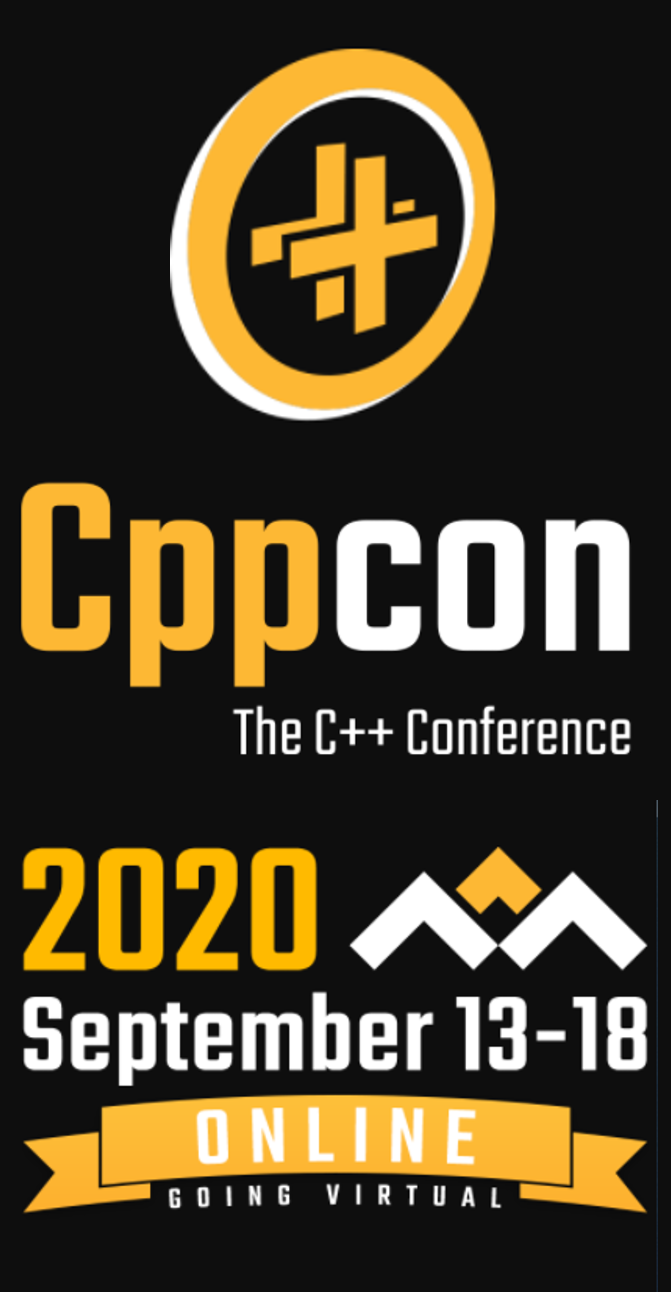Two new ticket types for Meeting C++
Some news from Meeting C++: there is now one ticket for virtual events of Meeting C++ and for Meeting C++ online a limited amount of sponsored tickets is available
Two new ticket types for Meeting C++
by Jens Weller
From the article:
Today I can announce two important updates for Meeting C++ online and Meeting C++ 2020!
One online ticket for Meeting C++ 2020 and Meeting C++ online
While you can buy separate tickets for Meeting C++ online and 2020, now there is an online ticket for all virtual Meeting C++ events in 2020 available! You can get it in the ticketshop of Meeting C++ 2020 only, as this is the easiest process to offer it. The ticket enables you to attend these online conferences...

 This year, CppCon 2020 is
This year, CppCon 2020 is  This year, CppCon 2020 is
This year, CppCon 2020 is  CppCon 2020 "online"
CppCon 2020 "online"